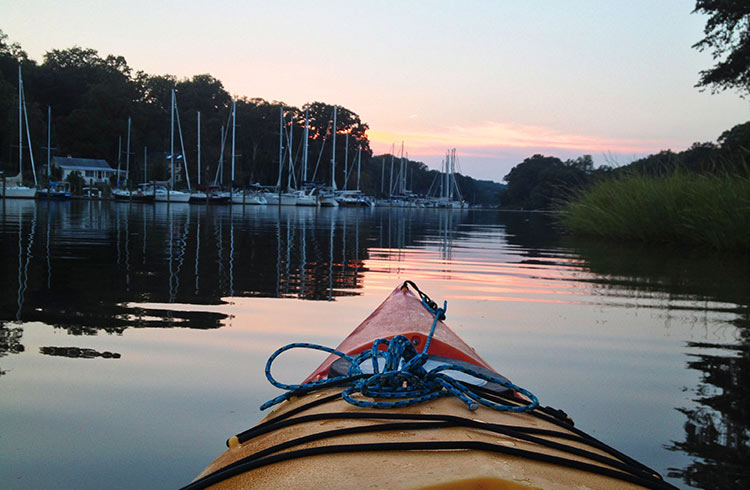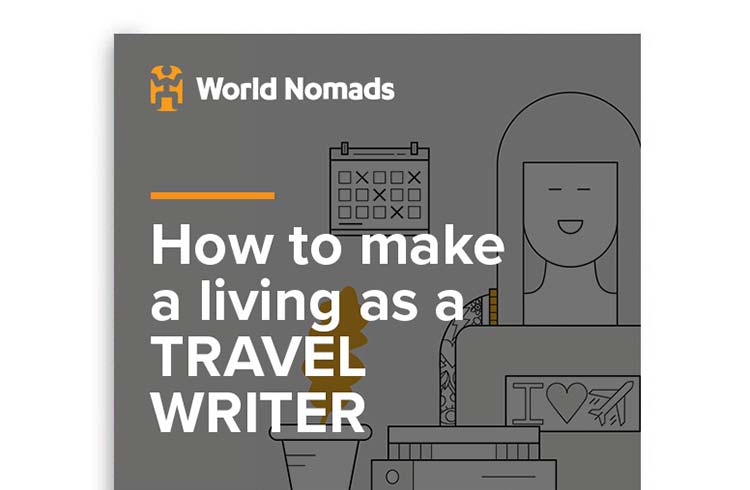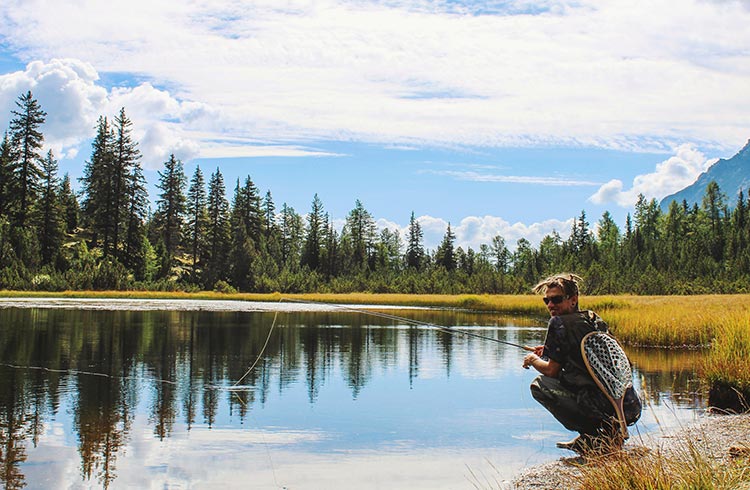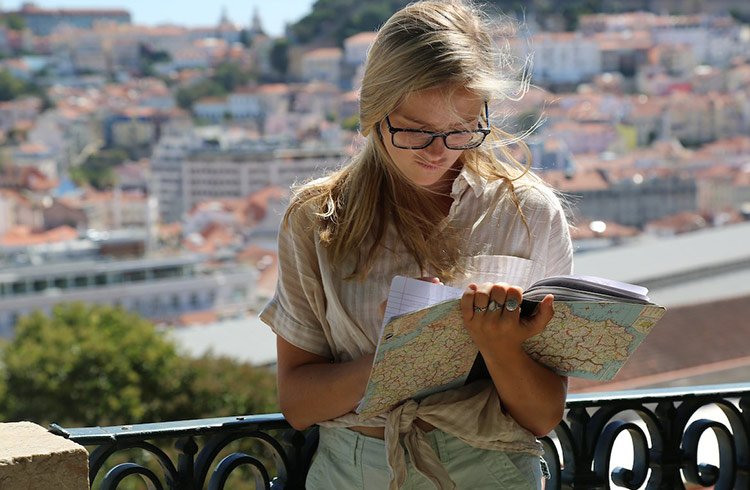Put your ego aside and deliver the travel story an editor wants – your career may well depend on it, says NY Times writer Tim Neville.
 Photo © Getty Images/coastalpics
Photo © Getty Images/coastalpics
You’re not in charge, editors are, so do what they ask if you want your travel writing career to take off.
- Give and take
- Rookie move
- Aim to please
- Listen to Tim
- Download our How to Make a Living as a Travel Writer guide
Give and take
At some point, if you haven’t already, you’re going to work with an editor. Their job is to make your story the best it can be within the space and angle they’ve given it. At the big magazines, you might report back after the trip to lay out how you think the story could go before you even begin writing. Otherwise, you jump in and file a draft.
The editor reads it and then sends you some critiques in a rewrite memo. Maybe you just need to add a paragraph here and there or tighten this or that. Or maybe your structure isn’t working at all and you should rewrite the whole thing.
For new writers, this process of working with an editor can be exhilarating or frustrating. A good editor will guide you through the rewrite like a director, prodding you into new material but stepping back to let you do your thing. It’s OK to go back and forth but, in the end, the editor has the final say. Learn to pick your battles.
Rookie move
That’s easier said than done. I’d worked with editors at a couple of newspapers before I began my internship at Outside, but that didn’t stop me from making a total rookie move with an editor there that could have ended my career before it even took off.
The travel editor took a pitch I’d sent her, about kayaking around the deserted islands of America’s Chesapeake Bay, and gave me 1,000 words for it. I got so far ahead of myself thinking about my national narrative debut that I didn’t think hard enough about the work. The article I filed was a story.
The editor didn’t hate it, but she didn’t love it, either. The bigger problem was worse. It wasn’t what she needed.
Aim to please
Instead of a story – with characters and dialog – she wanted me to introduce readers to the area, tell them where to paddle and what to eat. She didn’t need a narrative, she needed service.
Crestfallen, I rewrote the piece, sulked a bit, and learned a valuable lesson. She was right. The piece was better like that, even if it wasn’t the one I wanted to write. I quickly learned to leave my ego at the door.
Listen to Tim Neville
Tim talks about what he thinks makes good travel writing in this episode of The World Nomads Travel Podcast in which we announced the winner of the 2019 travel writing scholarship.
Download our How to Make a Living as a Travel Writer guide

Related articles
Simple and flexible travel insurance
You can buy at home or while traveling, and claim online from anywhere in the world. With 150+ adventure activities covered and 24/7 emergency assistance.
Get a quote


No Comments